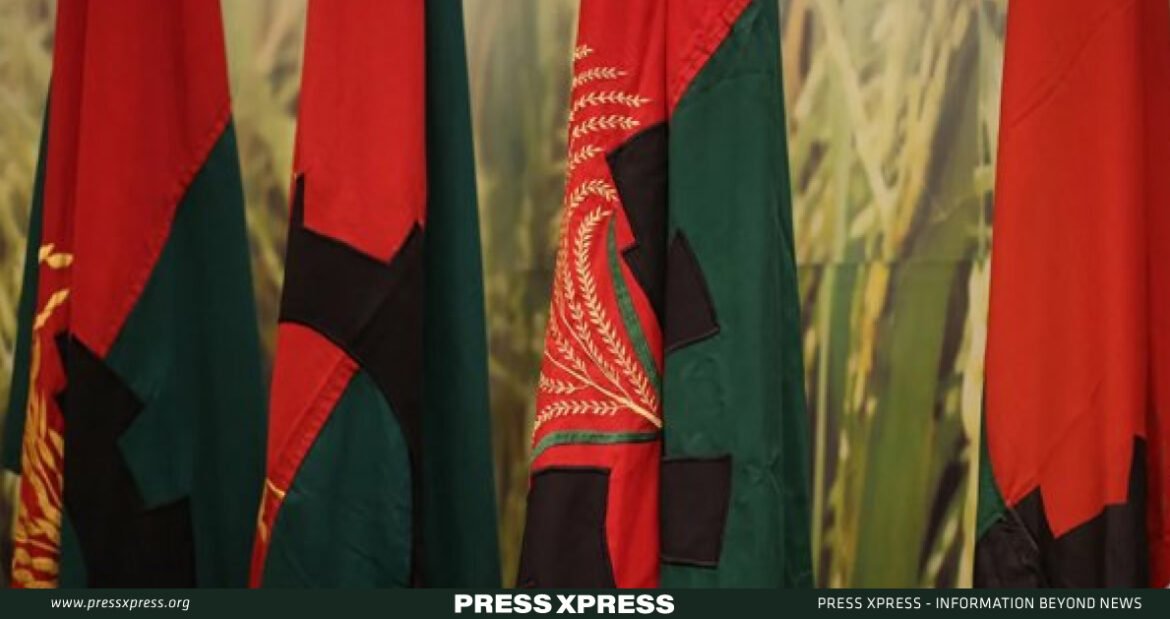Once a stalwart defender of Bangladesh’s pro-Western tilt, the party has found itself unmoored, drifting between overtures to China and its longstanding antipathy toward India, Bangladesh’s formidable neighbor.
Though the Bangladesh Nationalist Party (BNP) highlighted its ‘non-participation’ in January’s national elections as a political victory over the incumbent Awami League, the main opposition group is riven by bitter internal disputes, party insiders say, most prominently over the direction of its foreign policy.
You Can Also Read: DEMOCRACY AND BNP’S DELETERIOUS POLITICS
The crux of these disputes is whether the BNP should prioritize strengthening its historically close ties with China over its long-standing pro-Western leanings and the attempted fostering of animosity in Bangladesh toward India, the influential neighbor with which the ruling party has solidified strategic and economic cooperation.
The party’s foreign relations committee and members of its highest decision-making body, the Standing Committee, have been actively debating giving more emphasis to relations with Beijing, according to senior BNP figures. The top leadership has decided to seriously consider re-establishing high-level contacts with China, even assigning one senior leader to take the process forward, multiple party officials said.
A Rift Over India Stance
“There is now a personal ideological battle going on in the BNP on the issue of India,” said one senior party leader, who spoke on condition of anonymity given the sensitivity of the matter. “It will not benefit the party.”
The acting BNP chairman, Tarique Rahman, who is exiled in London after convictions in Bangladesh over charges various charges, has opened consultations with foreign relations committee members on forging a new strategy following the elections, which were marred by boycotts and accusations of irregularities.
Those consultations have rekindled long-standing rifts within the party over the foundations of Bangladesh’s foreign policy, lawmakers and veteran party figures say.
A Deep-Rooted China Tilt
Founded in 1976 by President Ziaur Rahman, BNP moved swiftly during his tenure to bolster relations with China in a decision that was highly controversial at the time given the Cold War tensions. Under subsequent BNP administrations in the 1990s and 2000s, that pivot toward Beijing deepened amid ebbing ties with Bangladesh’s other large neighbor, India.
But the BNP’s foreign policy has hardly followed a straight line. Diplomatic relations with China markedly chilled during the BNP’s most recent stint in power from 2001 to 2006 after Taiwan opened a trade office in the Bangladeshi capital.
In late 2021, the BNP criticized comments by China’s ambassador to Bangladesh that were seen by many in the country as questioning the foundations of Bangladesh’s democracy by appearing to question credible elections as the basis of political legitimacy.
Anti-India Rhetoric Deepens Divides
Such fiery anti-India rhetoric and questions over Beijing’s commitment to Bangladeshi democracy have put the BNP, on a potential collision course with the Awami League, analysts say.
Under Prime Minister Sheikh Hasina, Bangladesh has solidified economic and strategic cooperation with India while also eagerly courting investment from China as a partner in its Belt and Road global infrastructure initiative to catalyze trade across Asia, Africa, and Europe.
The BNP’s unveiling last year of a new ‘Indo-Pacific strategy’ that positioned the party as a would-be champion of the U.S.-led effort to blunt China’s regional influence has added to the spiraling foreign policy tensions with its larger rival, even as senior BNP officials insist no actual overhaul of the party’s international orientation is being contemplated.
“We have no distance with anyone,” Amir Khasru Mahmud Chowdhury, who leads the BNP’s foreign relations committee, told reporters in trying to tamp down speculation of a decisive pivot away from Beijing. “The government maintains relations with other governments. When in power, BNP will work with China.”
A Focus on Domestic Rebuilding
For now, the party’s principal focus in the wake of January’s divisive polls is on domestic rebuilding and honing its message ahead of the next general election in 2028, BNP officials insist.
“The Standing Committee discussed messages from friendly countries before elections and what actually happened,” said another senior leader involved in the internal deliberations over foreign relations strategy. “The renewal of international relations also came up.”
A Fractured Vision
For BNP, navigating the currents of foreign policy has become an exercise in indecision, laying bare the party’s deeper crisis of identity and vision.
Once a stalwart defender of Bangladesh’s pro-Western tilt, the party has found itself unmoored, drifting between overtures to China and its longstanding antipathy toward India, Bangladesh’s formidable neighbor. This wavering stance reflects more than just the shifting sands of diplomatic expediency; it signals a profound ambiguity over the party’s ideological foundations and its place in a rapidly evolving geopolitical landscape.
This desperation has manifested in reactive foreign policy pivots rather than a coherent long-term strategy, as the BNP seeks to counterbalance the governing Awami League’s deepening ties with India while keeping one eye trained on the rising influence of China. Such maneuvering betrays a party struggling to chart an independent course, instead grasping for external lifelines in the absence of a robust domestic agenda.
The fissures have become increasingly stark within party ranks. Consultations initiated by Tarique Rahman, the acting BNP chairman who has operated from exile, have exposed rifts over Bangladesh’s orientation toward major powers like India and China, as well as its broader Indo-Pacific strategy. Hardliners dismiss any accommodation with New Delhi as anathema, while pragmatists advocate a more matured balancing act between regional titans.
This emerging divide could solidify into entrenched factionalism, leaving the BNP splintered and rudderless at a pivotal moment when a clear, coherent opposition voice is sorely needed in Bangladesh’s political arena. As it searches for its diplomatic and ideological bearings, the party’s ongoing identity crisis could shape the contours of the nation’s foreign policy for years to come.


